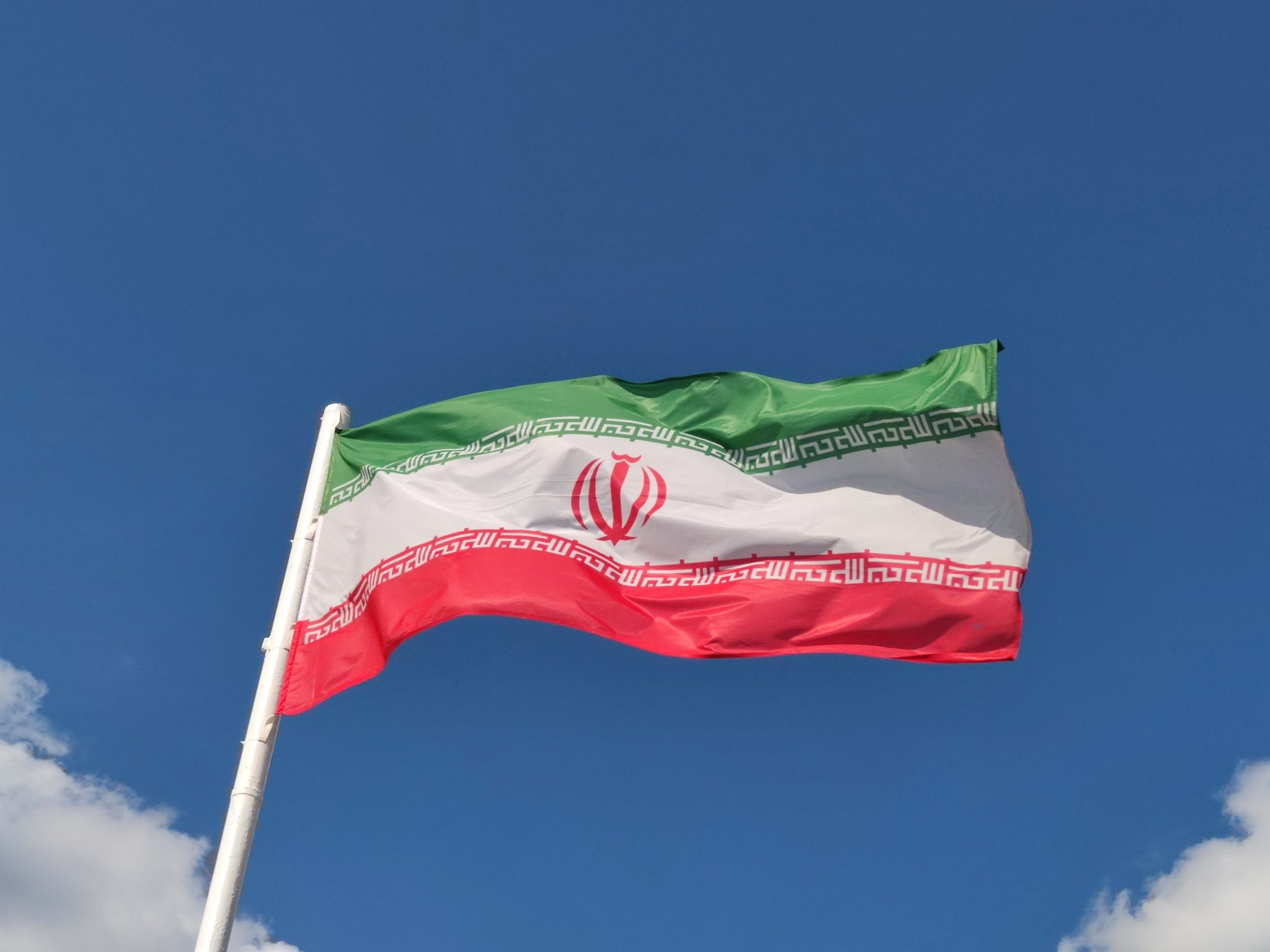Qatar’s prominent supermarket chain, Souq Al Baladi has taken the first step in the country to boycott Swedish produce until further notice.
Qatar’s flagship Souq Al Baladi has removed all Swedish products from its shelves due to a recent increase in attacks against the Quran in Sweden.
A statement issued by the supermarket said it would launch a boycott on all Swedish products “until further notice.”
Last month, Iraqi migrant Salwan Momika staged a provocative move in Sweden with the permission of Swedish authorities, triggering outrage among Muslim countries for desecrating and burning the holy book.
Momika then carried out a similar move on Thursday outside Baghdad’s embassy in Stockholm, where he stepped on another copy of the Quran.
Separately, a man on Friday set a copy of the holy scripture on fire across from the Iraqi Embassy in Copenhagen while live-streaming the stunt on a Facebook page that called itself the “Danish Patriots”.
Also on Friday, Qatar’s government formally summoned the Swedish ambassador to Doha to protest against the repeated attacks on the Quran in Sweden.
In its statement, Doha said it was “dissatisfied” by the “failure of the authorities there to stop these practices, which express hatred and religious discrimination, despite the repeated condemnation of Arab and Islamic countries, the condemnation of the international community, and the issuance of the Human Rights Council resolution condemning acts of religious hatred.”
The Swedish government, while condemning the Quran burning as “Islamophobic,” recognised the “constitutionally protected right to freedom of assembly, expression, and demonstration” in their country.
Economic impact
The controversy has sparked widespread debate about the intersection of free speech and respect for religious beliefs. The Quran desecration has triggered a wave of international online protests, particularly in countries with significant Muslim populations, who view the incident as an offensive act against Islam.
Souq Al Baladi’s decision to boycott Swedish goods indicates the potential for significant economic impact from the ongoing increase in Islamophobia.
Sweden, as one of the European Union’s top economies, exports a wide range of products to Qatar, from food and beverages to vehicles and machinery.
The supermarket chain’s decision may trigger similar responses from other businesses in Qatar and beyond, underlining the global economic implications of such incidents.
In 2020, French President Emmanuel Macron triggered similar action when he said Islam was a religion “in crisis” worldwide and affirmed France would “not give up cartoons” following the release of offensive Prophet Muhammad caricatures.
This initiated mass action and virtual campaigns condemning France’s islamophobia. In Qatar, the public quickly mobilised to call for a boycott of French goods.
According to a report by the International Trade Centre, French exports to Qatar at the time took a massive hit with a 59% decrease. The value of sales to Qatar dropped from $4.2 million in 2019 to $1.7 million in 2020.







